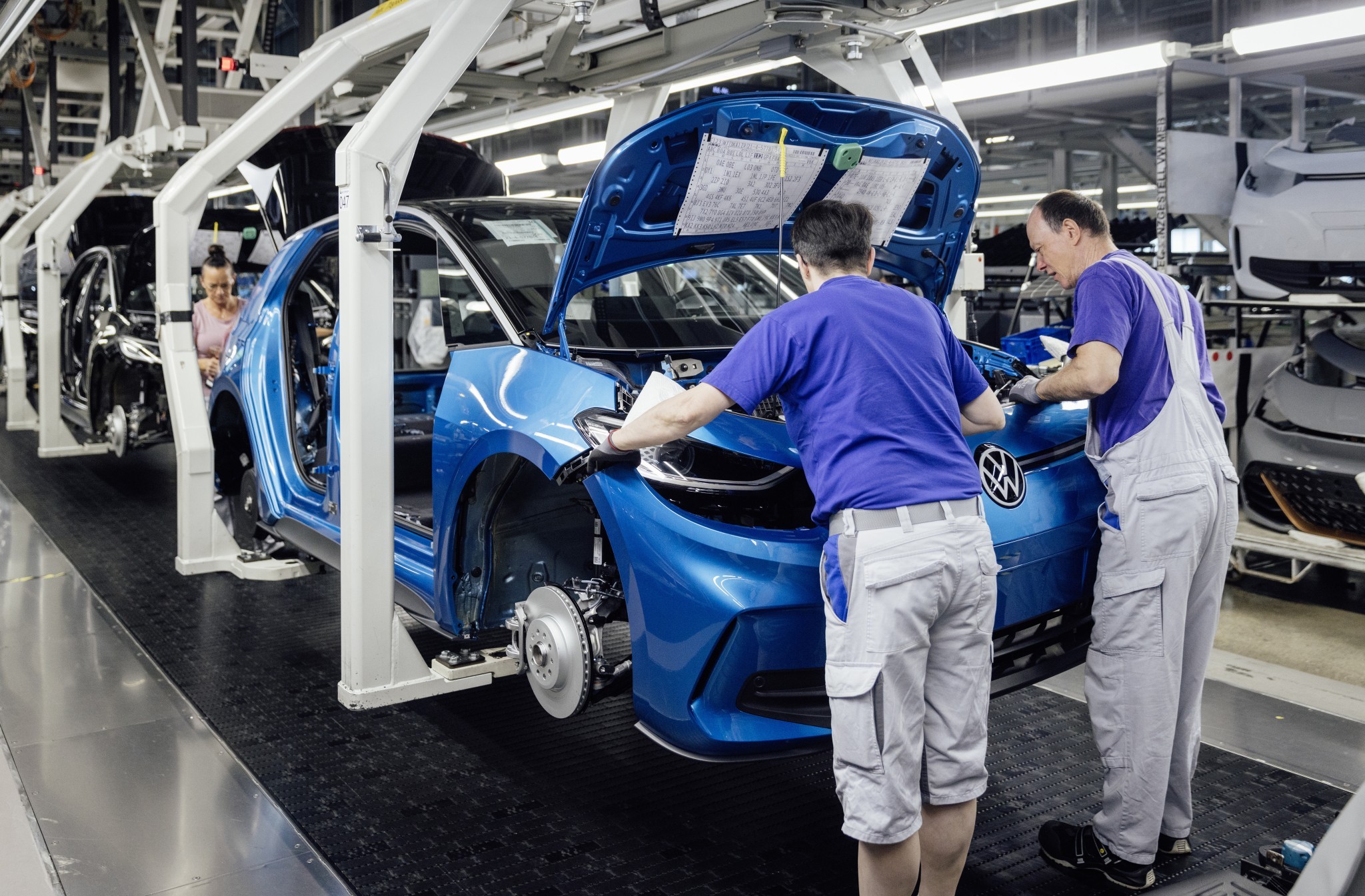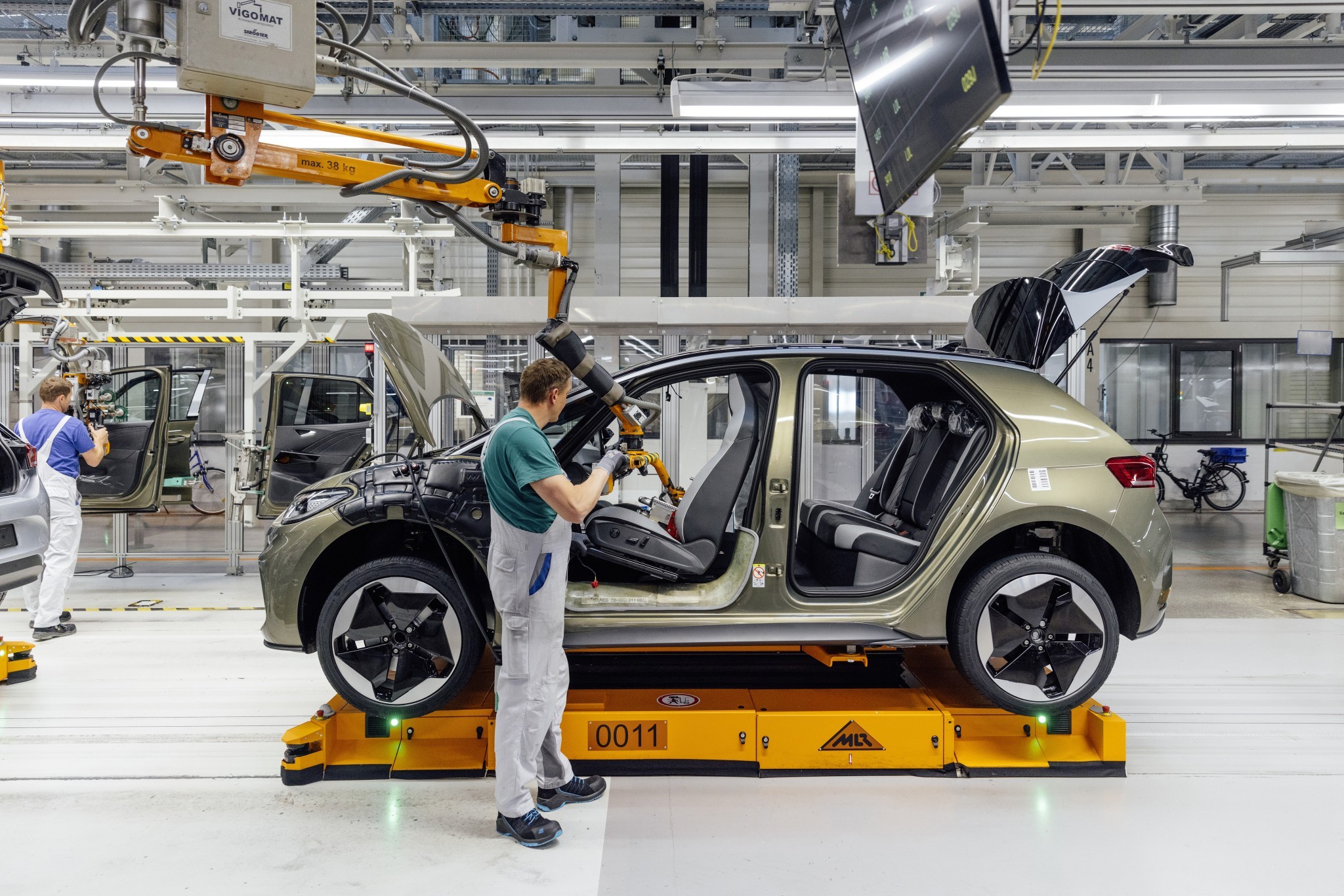Volkswagen is facing a crisis. The German carmaker is considering closing one of its large plants and a component factory in Germany to save money. This would be the first factory closure in Germany in the company’s 87-year history.
Unions are fighting the plans, and Volkswagen brand chief Thomas Schaefer has described the situation as “extremely tense.” Volkswagen has been struggling to sell enough cars. This has put the company in a difficult financial situation.
In December 2023, Volkswagen announced plans to cut costs by 10 billion euros ($11.14 billion). However, the carmaker is still 3 billion euros short of achieving its goal. More cuts are needed, and Schaefer can no longer rule out plant closures in Germany.

Volkswagen, a German automotive giant, is facing a potential upheaval as it considers closing one of its large vehicle plants and a component factory within the country. This move, which would be a first in the company’s 87-year history, has been met with fierce opposition from labor unions and the German state of Lower Saxony. The proposed closures, confirmed by the automaker’s works council, are seen as a major threat to jobs and the foundation of Volkswagen’s German operations.
The decision to close these plants is a significant departure from the company’s historical approach. Volkswagen has always been deeply rooted in Germany, and closing plants within the country would be a major blow to its domestic operations. The closures could also have a ripple effect on the broader German economy, as they would likely lead to job losses and reduced economic activity in the affected regions.
Moreover, the proposed closures are likely to face significant resistance from labor unions and the German government. Labor unions have been a powerful force within Volkswagen, and they have historically opposed measures that could lead to job losses. The German government, which has a significant stake in the company, is also likely to be reluctant to support closures that could have negative consequences for the German economy.

The decision to close the plants will be a critical test for CEO Oliver Blume. Blume has a history of facing resistance from powerful unions, and he will need to go through this situation carefully. He will need to balance the company’s financial interests with the interests of its employees and the German economy.
If he is able to successfully implement the closures, it will be a major accomplishment. However, if he is unable to do so, it could have serious consequences for both Volkswagen and the German economy.

